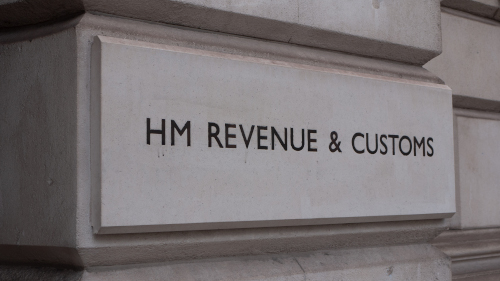HMRC blocked £28m of suspect furlough claims
 HMRC blocked less than £30 million of suspect claims in the first year of the coronavirus job retention scheme, while an estimated £5.3 billion was paid out due to fraud and error.
HMRC blocked less than £30 million of suspect claims in the first year of the coronavirus job retention scheme, while an estimated £5.3 billion was paid out due to fraud and error.
The figure, obtained by the Financial Times through a freedom of information request, highlights the trade-offs involved in establishing the furlough scheme within weeks of the first lockdown.
HMRC provided crucial financial support during the pandemic. The job retention scheme paid out £70bn in wages to millions of workers until it was wound down in September.
The scheme was widely credited with preventing mass unemployment. However, it also involved significant waste with HMRC estimating 8.7% of all payouts in the first year were due to fraud and error.
The data obtained by the FT reveals that in the financial year to the end of March 2021, HMRC blocked 3,578 claims for furlough money, totalling £28.5m. Over the same period, HMRC paid out £61bn through the scheme.
HMRC said much of the fraud arose from activity that was difficult to detect, such as employers claiming furlough money for employees who continued to work.
HMRC said: “These schemes have been a lifeline to millions of people and HMRC developed and launched them at incredible speed. We were clear from the outset that the (scheme) would be targeted and that a small minority would seek to exploit the scheme. The schemes had compliance designed into them from the start.”
In its accounts published earlier this month, HMRC revealed that of the total suspect payouts in the first year, 6.1% was estimated to be due to “opportunistic fraud”, defined as “deliberate manipulation of legitimate claims”. In contrast just 0.3 per cent of the fraudulent claims were by organised crime gangs.
Jim Harra, HMRC’s chief executive, told the FT that HMRC expected to recoup about £2.15bn of the £5.8bn of fraud and error in the three pandemic schemes it administered, which included a smaller income support scheme for the self-employed and the short-term Eat Out to Help Out scheme.
He added: “We will not be able to recover it all. You will reach a point of diminishing returns in terms of good use of resources.”








